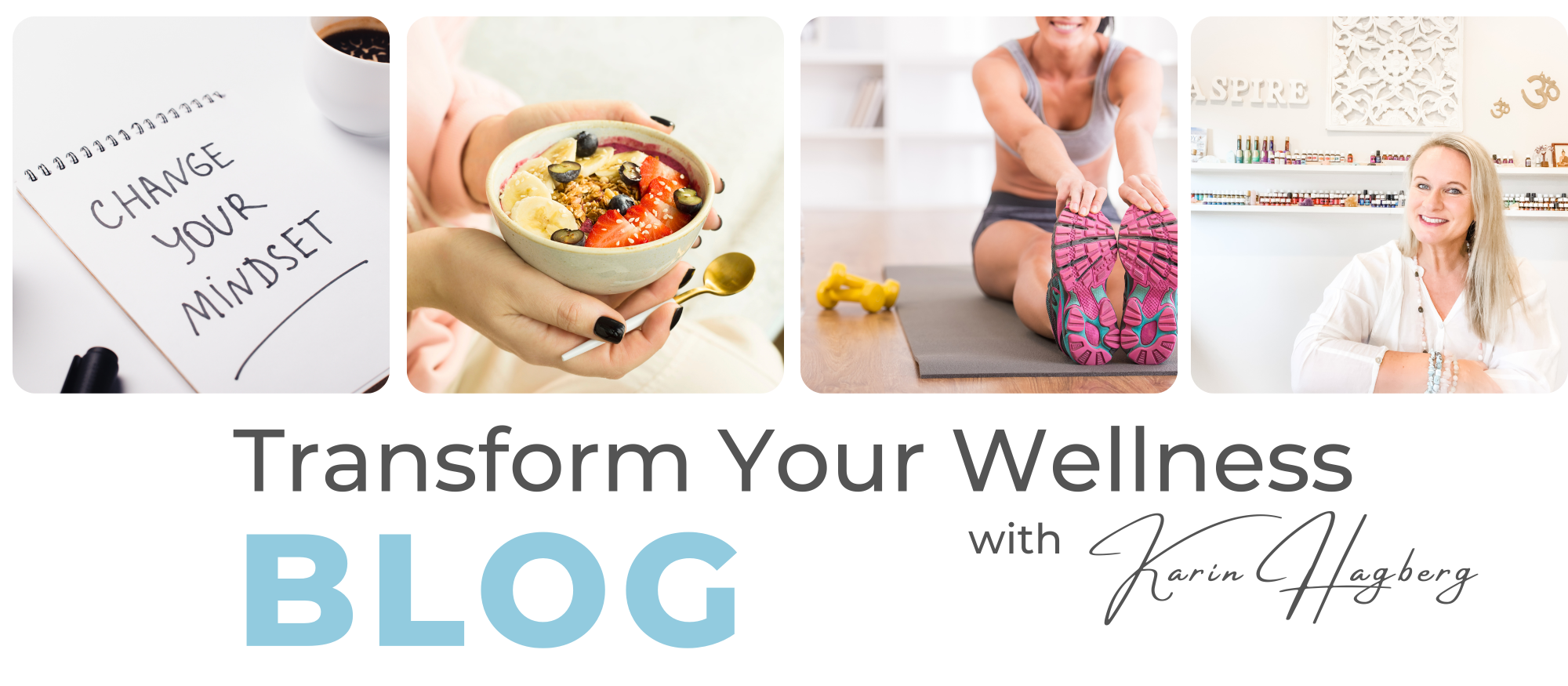

Insufficient sleep can have a profound impact on both our physical and mental well-being.
Here are some common effects of not getting enough sleep:
1. Fatigue: The most immediate and noticeable effect of inadequate sleep is fatigue. Individuals who don't get enough sleep often feel tired and sluggish throughout the day.
2. Impaired Cognitive Function: Sleep is crucial for cognitive functions such as attention, memory, and problem-solving. Lack of sleep can lead to difficulty concentrating, memory lapses, and reduced decision-making abilities.
3. Mood Changes: Sleep deprivation can contribute to mood swings, irritability, and an increased susceptibility to stress. Emotional regulation becomes more challenging when the brain is not well-rested.
4. Decreased Immune Function: Chronic sleep deprivation may weaken the immune system, making the body more susceptible to infections and illnesses.
5. Weight Gain: Sleep plays a role in regulating hormones that control hunger and satiety. Insufficient sleep can disrupt these hormones, potentially leading to increased appetite and weight gain.
6. Impaired Physical Performance: Lack of sleep can affect coordination, reaction time, and overall physical performance. This is particularly relevant for activities that require precision and quick reflexes.
7. Increased Risk of Chronic Conditions: Chronic sleep deprivation has been associated with an increased risk of various health conditions, including cardiovascular diseases, diabetes, and certain mental health disorders.
8. Altered Hormone Levels: Sleep is essential for regulating hormones, including those involved in stress (cortisol) and growth (growth hormone). Disruption in these hormonal patterns can have wide-ranging effects on the body.
9. Impaired Skin Health: Inadequate sleep can contribute to skin issues, including premature aging, reduced skin elasticity, and the development of dark circles under the eyes.
10. Decreased Libido: Sleep deprivation can lead to a decrease in libido and sexual dysfunction.
It's important to note that the effects of sleep deprivation can accumulate over time, and chronic sleep disturbances may contribute to long-term health issues. Establishing good sleep hygiene practices and prioritizing sufficient sleep is crucial for overall well-being. If sleep difficulties persist, it's advisable to consult with a healthcare professional to address potential underlying issues.
Why is Sleep so important?
Sleep is crucial for overall health and well-being, impacting various aspects of physical and mental functioning.
Here are some reasons why sleep is important:
1. Restoration and Healing: Sleep provides an opportunity for the body to repair and rejuvenate. Growth hormone is released during deep sleep, promoting tissue repair, muscle growth, and the formation of new cells.
2. Memory Consolidation: During sleep, the brain consolidates and strengthens memories, helping with learning and information retention. This process is essential for cognitive function and academic or work performance.
3. Emotional Well-Being: Adequate sleep plays a significant role in emotional regulation. Lack of sleep can contribute to mood swings, increased irritability, and a higher susceptibility to stress.
4. Immune Function: Quality sleep supports a healthy immune system. Chronic sleep deprivation may compromise the immune system, making individuals more susceptible to illnesses.
5. Metabolic Health: Sleep is linked to metabolic processes, including the regulation of hormones involved in hunger and satiety. Poor sleep can disrupt these hormones, potentially leading to weight gain and an increased risk of metabolic disorders.
6. Cardiovascular Health: Chronic sleep deprivation has been associated with an increased risk of cardiovascular diseases, including hypertension and heart disease.
Now, regarding how much sleep we need, the recommended amount can vary by age:
- Newborns (0-3 months): 14-17 hours per day
- Infants (4-11 months): 12-15 hours per day
- Toddlers (1-2 years): 11-14 hours per day
- Preschoolers (3-5 years): 10-13 hours per day
- School-age children (6-13 years): 9-11 hours per day
- Teenagers (14-17 years): 8-10 hours per day
- Adults (18-64 years): 7-9 hours per day
- Older adults (65+ years): 7-8 hours per day
Individual needs may vary, and some people may function well with slightly more or less sleep. The key is to pay attention to how you feel during the day and make adjustments to your sleep duration accordingly. Consistently experiencing sleep difficulties or excessive fatigue may warrant consultation with a healthcare professional.



















0 Comments